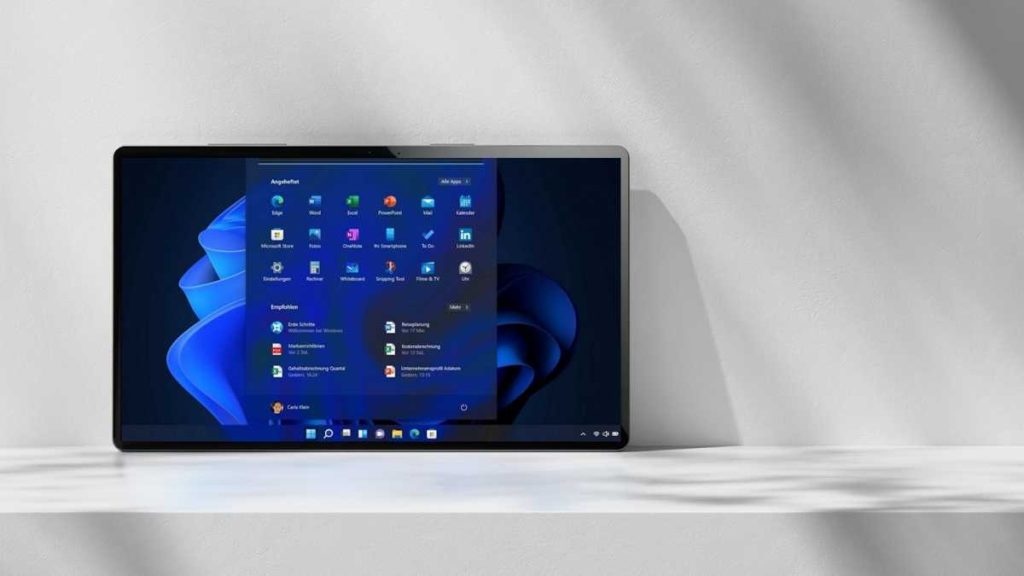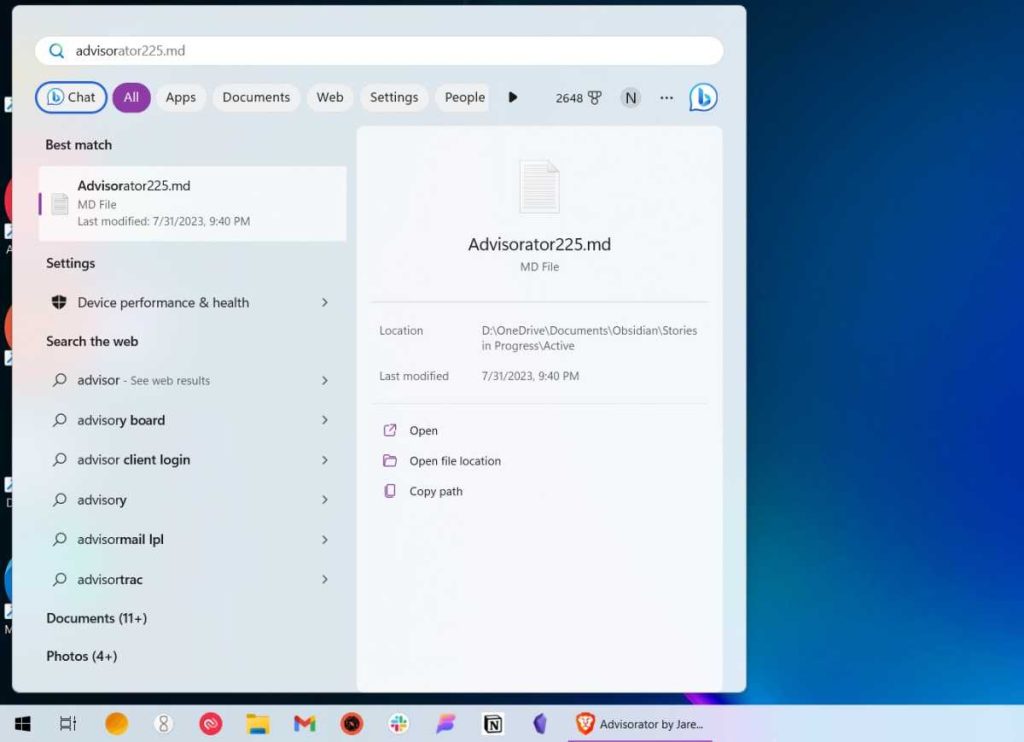This Post Is Recently Updated on Dec 8, 2023 @ 19:56 pm by TBB Desk
Microsoft is set to revolutionize personal computing with its upcoming version of Windows 11 (or potentially Windows 12), slated for release in 2024. This new iteration is expected to integrate AI at a deeply practical level, enhancing user experience significantly. With AI taking center stage in Windows 11’s massive 2023 Update, Microsoft is pushing further into AI integration, following the introduction of the Windows Copilot AI assistant and innovative AI “Cocreator” features in Paint.

The forthcoming Windows version, as reported by Windows Central, promises to be groundbreaking, packed with practical AI tasks. While it’s always wise to approach leaks with caution, Windows Central’s credible track record in Microsoft reporting suggests their insights are worth noting.
Key AI Features Reportedly Coming to Windows in 2024:

- AI in the Windows Shell: Microsoft is reportedly embedding AI into the Windows Shell, the operating system’s graphical interface. This integration, combined with an upgraded Windows Copilot, is set to offer numerous practical features.
- Smart History Feature: Reviving a popular Windows 10 feature, Windows Timeline, the new version is said to include an AI-powered history feature, allowing users to search through apps and sites using natural language queries.
- Enhanced Search Capabilities: The traditional Windows search is expected to become smarter, incorporating natural language processing for more intuitive file searches.
- AI Super Resolution: Inspired by Nvidia’s DLSS and AMD’s FSR, Windows might introduce an AI Super Resolution feature, using NPUs to upscale the visual quality of games and videos.
- Smart Live Captions: Building on the existing Live Captions in Windows 11, the new version will reportedly offer improved, real-time translation of multiple languages in videos and live calls.
- AI Wallpapers: An innovative feature where AI identifies layers in desktop wallpapers, creating a parallax-style effect that shifts with the movement of your mouse or mobile device.
However, it’s important to note that these AI advancements might necessitate PCs with onboard NPUs (neural processing units), limiting their availability to newer, ultra-modern laptops and PCs released in 2024 or later. This requirement is in line with the efforts of Intel, AMD, and Qualcomm, who are integrating AI-boosting NPUs into their upcoming PC chips.
For a comprehensive understanding of how Microsoft is rearchitecting Windows to enable these AI functionalities, along with information on non-AI features like improved energy efficiency and a new section in the Start menu, the full Windows Central report is a must-read for Windows enthusiasts.
These AI features represent a significant leap in functionality for everyday users, beyond what has been traditionally available in consumer AI offerings. While this news is exciting, the potential limitation of these features to newer hardware models underscores the rapid evolution of technology and the need to stay updated with the latest advancements.
Stay tuned to thenation.page for more updates and in-depth analysis on Microsoft’s AI-driven future for Windows.










